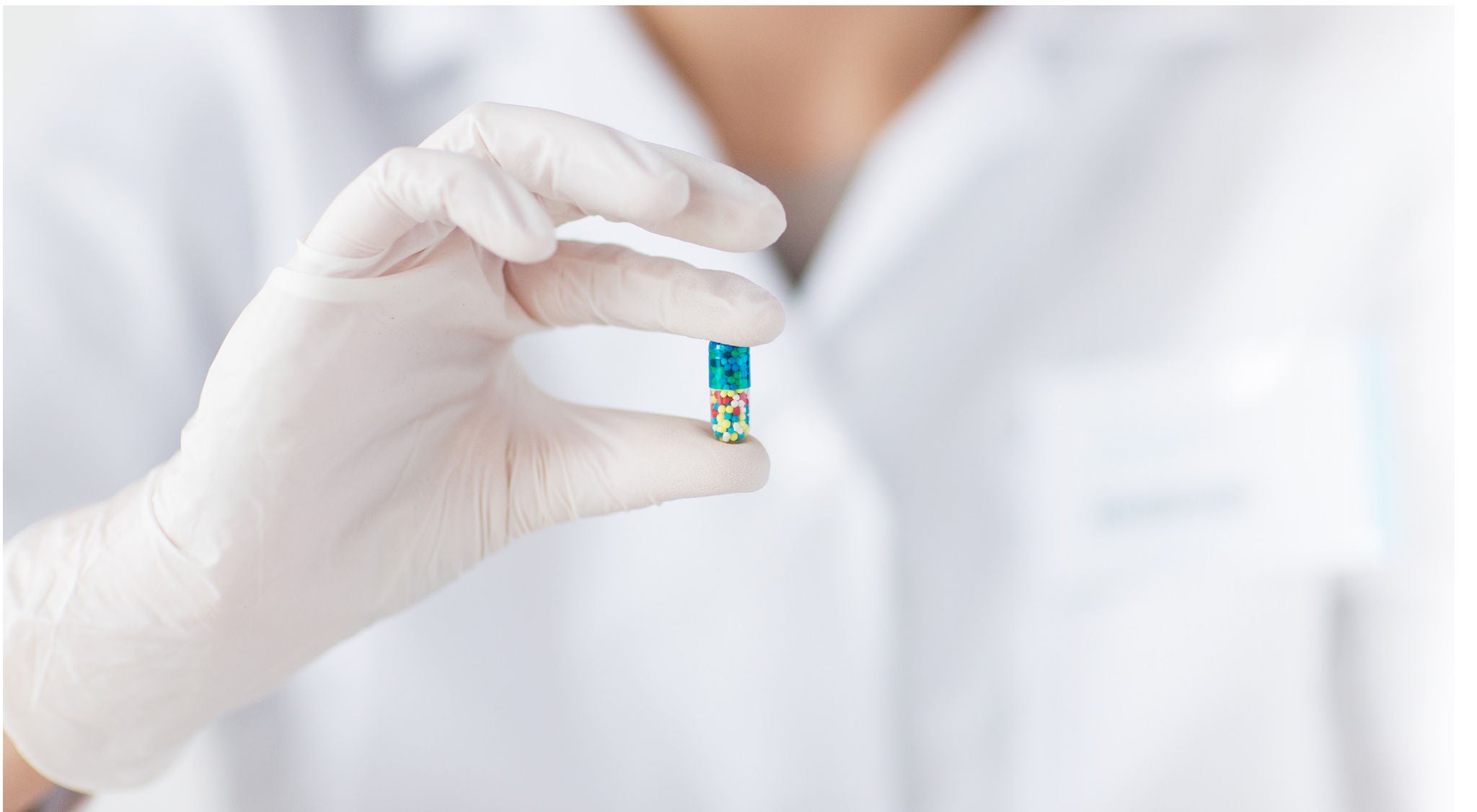
Clinical research volunteers play a vital role in helping doctors and researchers find better ways to treat and manage neuroscience-related diseases. NeusLink explains what it involves and the benefits of taking part.
Clinical research is a medical study that involves people. It covers a wide range of areas and there are opportunities for everyone to take part, from young adults to seniors!
There are two main types of clinical research:
- Trials of new drugs and medical devices to check for effectiveness and safety. Research volunteers need to have the condition the drug or device is designed to treat.
- Collecting data to better understand a condition; e.g., risk factors, early signs, and how the condition progresses over time. These studies often need volunteers with and without the condition to compare the differences.
Taking part in clinical research has several benefits:
Close monitoring
Patients who volunteer in clinical research often require more frequent appointments and investigations, such as scans and memory tests, to monitor their condition. During a drug trial, all volunteers will be followed up closely by research staff for any side effects.
Early detection of conditions
In some clinical research studies, research volunteers can choose to be informed if abnormal results are detected during investigations. This allows them to seek treatment even before symptoms appear, which can result in better outcomes.
Access to promising new medications
Taking part in a drug trial allows research volunteers to gain early access to potential new treatments before the drug is officially approved for use by regulatory agencies. The cost of trial drugs is also covered by the study.
Help find a cure
Every clinical research study aims to improve our understanding of the body and conditions, bringing us one step closer to finding better treatments and a cure for patients today and for the future.
Tips to consider before joining
Soo See Ann, Research Associate, NNI shares four things you should do or think about before signing up for a clinical research project.
1. Talk to your doctor
Potential new drugs and treatments often target the early to mid-stages of conditions, such as young-onset dementia, or symptoms that are not well controlled with existing drugs, such as those of chronic migraine. Talk to your doctor to see if you are suitable to join a research study of interest.
2. Check what the study involves
Clinical research studies may vary in terms of the number of visits and types of investigations. To be sure what the study involves, speak to the study’s clinical research coordinator. You can also check if the investigations are optional or compulsory, and if the visits can be scheduled on the same day as your specialist outpatient appointments, if any.
3. Beware of treatment options
There are no guarantees that the new drug will benefit you; in certain studies, you may not be given the actual drug! Most drug trials are double-blinded placebo studies, which means neither the researchers nor you will know who is receiving the actual drug or the placebo (inactive drug). Not knowing who receives the actual drug allows researchers to study the effectiveness of the new drug without bias.
4. Find out if the drug trial has an open-label extension study
After the blinded phase of the drug trial has been completed, you may be invited to take part in an open-label extension study (OLES). All participants in the OLES receive the actual drug, even if you had received the placebo intervention earlier. During the OLES, researchers can gather more information on the effectiveness of the drug.
This article was published in the National Neuroscience Institute's NeusLink magazine, which covers articles about NNI updates and brain, spine, muscle and nerve conditions in English and Chinese - to read more articles click here!













 Get it on Google Play
Get it on Google Play